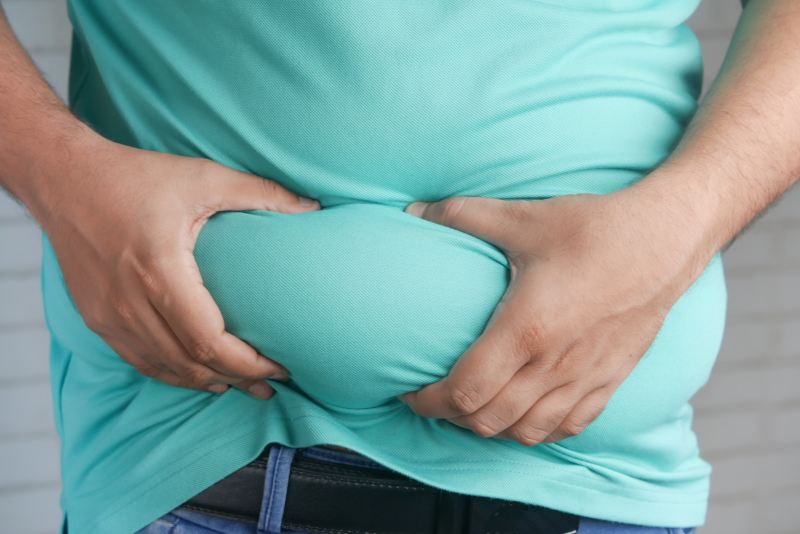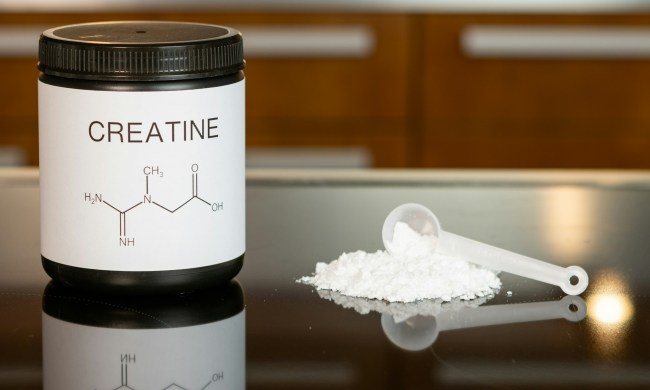It is often difficult to get a clear picture of your overall health, so experts rely on charts, data, and other measurements to create a standard definition of health. One such measurement is body fat percentage.
High body fat levels can lead to several health conditions, including high blood pressure, stroke, heart disease, type 2 diabetes, and some cancers. So that leaves us with questions like, “Is 20% body fat right for you?” and “What even is the ideal body fat percentage for optimum health?” Read on to find the answers to these questions and more.
What is body fat percentage?

Body fat percentage is the amount of fat in your body in relation to your total body weight. For example, if you weigh 100 kg and have 10 kg of body fat, your body fat percentage is 10%. Knowing this can help determine whether you are healthy or at risk of obesity and other conditions.
Body fat percentage is even more accurate than other measurements like body mass index (BMI). It is also helpful in monitoring changes in the body as you age and determining the effectiveness of certain nutritional interventions.
Is 20% body fat healthy for men?

The simple answer is yes, 20% body fat is healthy for men. However, men of different ages have different ideal body fat percentages. Therefore, it tends to increase slightly with age. But typically, your body fat shouldn’t go below 5%, as this can come with health complications. Bodybuilders and other athletes may get below 5%, but they usually only stay there for a short period of time.
What is the ideal body fat percentage range?

According to the National Center for Biotechnology Information, body fat of 12 to 20% is generally ideal for men. However, the American Council on Exercise recommends this chart for body fat:
- Essential body fat: 2 to 5%
- Fitness: 14 to 17%
- Athletes: 6 to 13%
- Acceptable: 18 to 24%
- Obesity: 25% and above
For men’s ideal body fat based on age:
- 20 to 39 years: 8 to 20%
- 40 to 59 years: 11 to 22%
- 60 to 79 years: 13 to 24%
How to measure your body fat percentage

Professional methods for measuring body fat include 3D body scanners, hydrostatic weighing, dual-energy X-ray absorptiometry (DXA), and air displacement plethysmography (Bod Pod). These methods are quite expensive and still not entirely accurate.
Another method of calculating body fat percentage is using skinfold calipers. This method is more accessible and affordable, making it popular. You can take the measurement yourself or get a professional to do it for you to enhance the accuracy of the results.
Tips for losing body fat and building muscle

Drink plenty of water
Several studies have shown that water aids weight loss because your body needs adequate water intake to metabolize stored fat and carbohydrates. In addition, drinking water keeps you full and reduces your appetite. So, you should drink plenty of water and replace your caloric beverages with water.
Prioritize exercise
Exercises such as deadlifts, bench presses, squats, pushups, lunges, and burpees work on multiple major muscle groups. They are great for building muscle throughout the body. If you focus on your diet alone, you may not see the complete physical transformation you seek. So, to burn fat and build muscles at the right places, you need to prioritize exercise and work out at least three times a week.
Limit processed foods and sugar
One reason people gain too much fat is the excessive consumption of processed foods like chips, candy, bread, cakes, ice cream, etc. These foods are high in sugar and calories, and if you are looking to burn fat and increase muscle, you must be cautious of how you consume them. So, focus on creating a low-calorie diet. Your body doesn’t need that much sugar to convert to energy, as the excess is usually stored as fat.
Increase your fiber and protein intake
Fiber is not easily digested, but it keeps you full and can promote fat loss, especially in the belly area. Fiber-rich foods include vegetables, chia seeds, grains, avocados, and almonds.
Replace carbohydrates with proteinous foods to increase satiety and lower insulin and ghrelin levels. Since proteins are body-building foods, you can build muscles by consuming plenty of protein-rich foods, such as meat, eggs, fish, and beans.
Frequently asked questions

Can I look fit at 20% body fat?
Yes, you can look fit with 20% body fat, but adding resistance training and focusing on muscle toning can give you a better look and a well-defined physique.
Can you see abs at 20% body fat?
For some people, visible abs are apparent with 20% body fat, especially if they tend to store fat in other areas of the body. It’s important to keep in mind that 20% body fat looks different on different people based on factors like genetics and height.
Is 20% body fat considered skinny fat?
Being skinny fat usually refers to having a low amount of muscle with a high amount of body fat, which gives a softer appearance rather than a toned look. Therefore, 20% of body fat can’t automatically be considered skinny fat.




